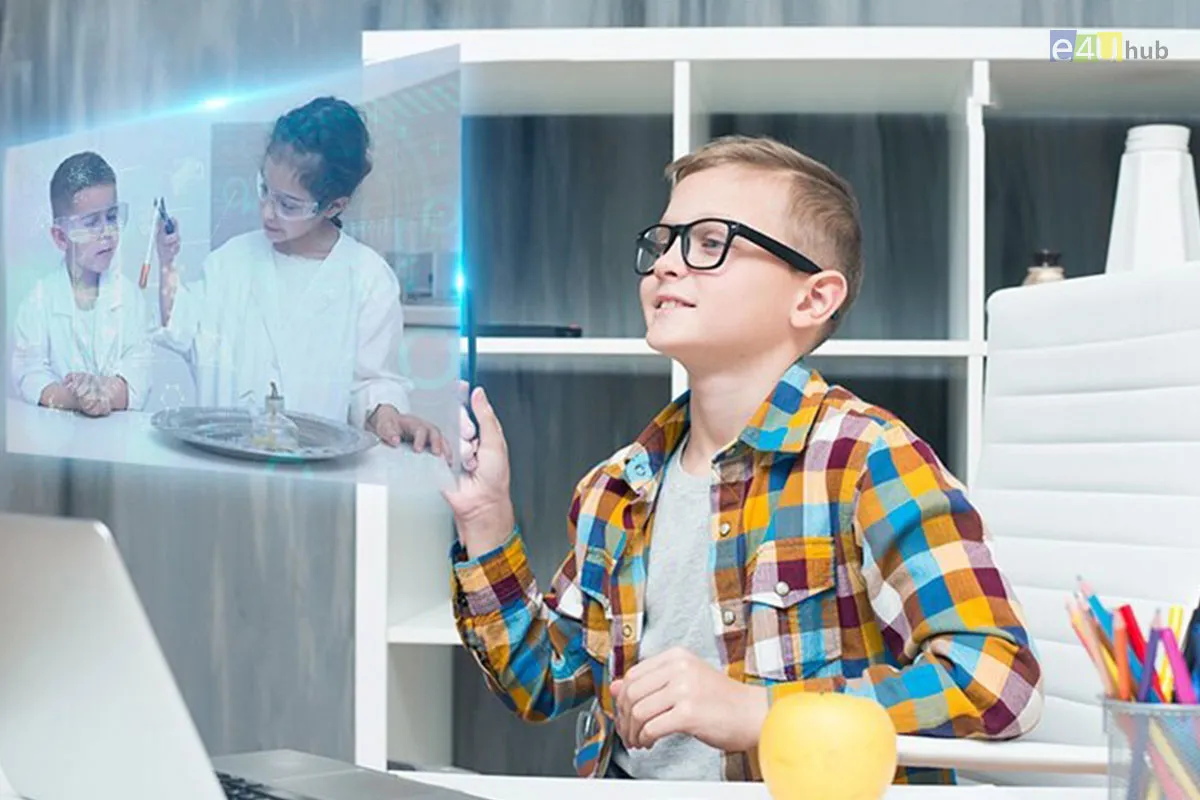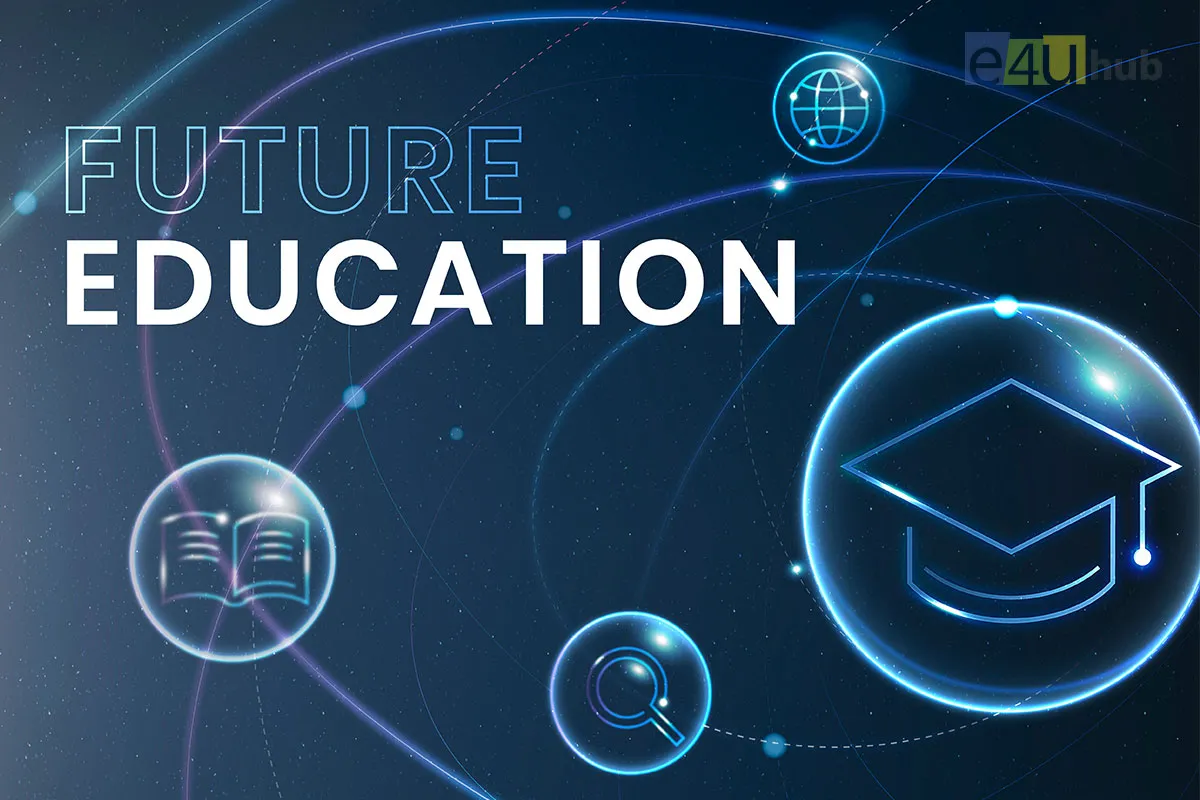
The Impact Of Technology On Education: Enhancing Learning Experiences
- 19 Jan, 2024
- Education
- 784 Views
- 0 Comments
In the ever-evolving landscape of education, technology has emerged as a powerful catalyst, transforming the way students learn and educators teach. This blog explores the profound impact of technology on education, shedding light on how it enhances learning experiences, fosters innovation, and prepares students for the dynamic challenges of the future.
1. Personalized Learning:
a. Adaptive Learning Platforms:
Technology enables the creation of adaptive learning platforms that cater to individual student needs. These platforms use algorithms to tailor content, pace, and assessments based on a student's progress, ensuring a personalized learning journey.
b. Customizable Resources:
Educators can curate and share digital resources, allowing students to access a variety of materials tailored to their learning styles. Interactive videos, simulations, and online quizzes enhance engagement and understanding.
2. Global Connectivity:
a. Virtual Classrooms:
Technology breaks down geographical barriers with virtual classrooms, connecting students and educators worldwide. Video conferencing tools facilitate real-time interaction, collaboration, and cultural exchange, fostering a global perspective.
b. Collaborative Learning Platforms:
Online platforms and tools enable collaborative projects, connecting students regardless of their location. This collaborative approach prepares them for a globally interconnected world.
3. Interactive and Engaging Content:
a. Gamification in Education:
Gamified learning platforms make education fun and engaging. Educational games and simulations promote active participation, critical thinking, and problem-solving skills.
b. Augmented and Virtual Reality:
AR and VR technologies bring subjects to life, allowing students to explore historical sites, dissect virtual organisms, or embark on immersive journeys that enhance comprehension and retention.
4. Accessible Learning Materials:
a. E-Books and Digital Libraries:
Technology facilitates the creation of e-books and digital libraries, ensuring easy access to a vast array of learning materials. This promotes inclusivity and accommodates diverse learning styles.
b. Open Educational Resources (OER):
OER platforms provide free access to high-quality educational content, reducing barriers to education and fostering a culture of knowledge-sharing.
5. Efficient Assessment and Feedback:
a. Online Assessment Tools:
Technology streamlines assessment processes with online tools. Instant feedback allows students to track their progress, while educators gain insights for personalized instruction.
b. Data-Driven Insights:
Educational technology collects and analyzes data, offering valuable insights into student performance and learning patterns. This data-driven approach supports informed decision-making for educators and institutions.
6. Preparation for Future Careers:
a. Emphasis on Digital Literacy:
As technology becomes integral to most professions, incorporating digital literacy into education prepares students for the demands of the workforce. Coding classes, digital skills training, and exposure to emerging technologies equip students for the future job market.
b. Online Professional Development:
Educators benefit from technology with access to online professional development courses, staying abreast of the latest teaching methodologies and tools.
Conclusion:
The impact of technology on education is transformative, opening up new possibilities for learning and collaboration. As we embrace these advancements, it's essential to strike a balance between technological integration and maintaining the human touch in education. The future of education is dynamic, connected, and driven by the innovative synergy of technology and pedagogy. By harnessing the power of technology, we can truly enhance learning experiences and empower students to thrive in an ever-changing world.















Leave a Reply